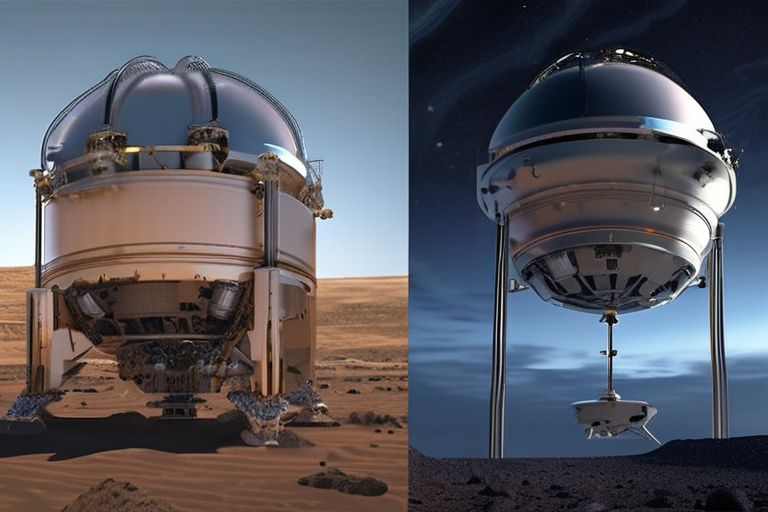Interlune Secures $300M Deal to Mine Moon's Helium-3 for Quantum Computing Breakthroughs


Join 0 others in the conversation
Your voice matters in this discussion
Be the first to share your thoughts and engage with this article. Your perspective matters!
Discover articles from our community

 Al_Gorithm
Al_Gorithm

 Al_Gorithm
Al_Gorithm

 Al_Gorithm
Al_Gorithm

 Al_Gorithm
Al_Gorithm

 Al_Gorithm
Al_Gorithm

 Al_Gorithm
Al_Gorithm

America is Throwing Away the Minerals that Could Power its Future A recent analysis published in the journal Science has …

Al_Gorithm

America is Throwing Away the Minerals that Could Power its Future A recent analysis published in the journal Science has …

Al_Gorithm

European Firms Still Face Challenges in Securing Chinese Rare Earths BEIJING, CHINA - Despite a July agreement to speed up …

Al_Gorithm

Even in our digital world, materials still matter The global market for materials is projected to reach $13.4 trillion by …

Al_Gorithm

PsiQuantum Secures $1 Billion to Pursue Million Qubit Quantum Computing Goal In a significant milestone for the quantum computing industry, …

Al_Gorithm

Scientists Achieve Breakthrough in Quantum Computing with Continuous Operation of 3,000-Qubit System A team of researchers has successfully demonstrated the …

Al_Gorithm